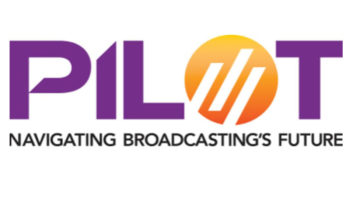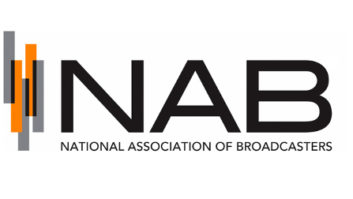Note, the proposal described in this earlier story has now been approved by the FCC.
The National Association of Broadcasters is unhappy about a planned change to FCC rules involving sponsorship identification of content that came from foreign governments.
General Counsel Rick Kaplan wrote about it on an NAB blog. He said the Federal Communications Commission had good intentions of helping the public better understand when they are watching or listening to content sponsored by a foreign government, and he said NAB agrees with the goal even though there are few broadcast cases compared to pay TV providers and social media.
[“Pai Calls for Transparency on Government Sponsored Broadcast Content”]
But Kaplan and the NAB oppose a provision that broadcasters entering into lease agreements with any programmers must take a series of steps to determine whether they are dealing with a foreign government in the first place.
“You might be wondering if there is an exception for the station leasing time to a long-standing trusted business partner, right? Nope,” Kaplan wrote.
“What if you are leasing time to a local church for services on Sunday mornings? Nope. Surely, it can’t involve leases for the 3:30 a.m. long-form Snuggie infomercial? Sorry, it does, says the FCC.”
Kaplan said “hundreds if not thousands” of stations “are now on the verge of being mandated to undertake steps to prove in advance they are not dealing with foreign governments, even when they each know with certainty they are not.” He called it “old-world regulation at its worst.”
He said there’s no evidence of a “groundswell of foreign propaganda” on the U.S. airwaves or that stations are confused about the origins of what they air.
“The FCC should not simply saddle broadcasters with this needless obligation — or rather, multiple needless obligations — because it can regulate broadcasters but not social media companies,” he argued.
And he said that “with each added regulation, the FCC makes broadcasting a less attractive investment, including for new entrants and historically underrepresented groups.”
He urged the FCC to “fix its proposal before approving it later this week.”
Read the proposed order (PDF).











